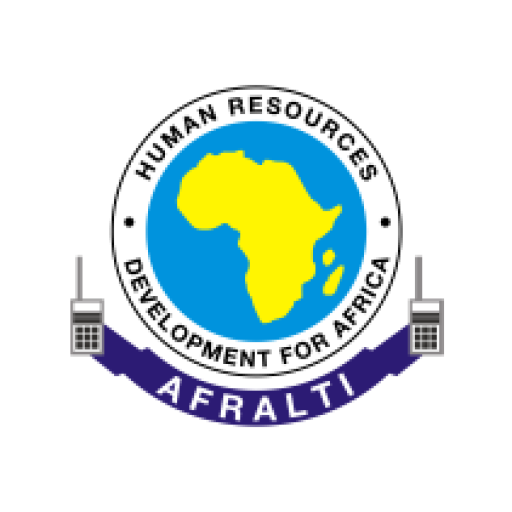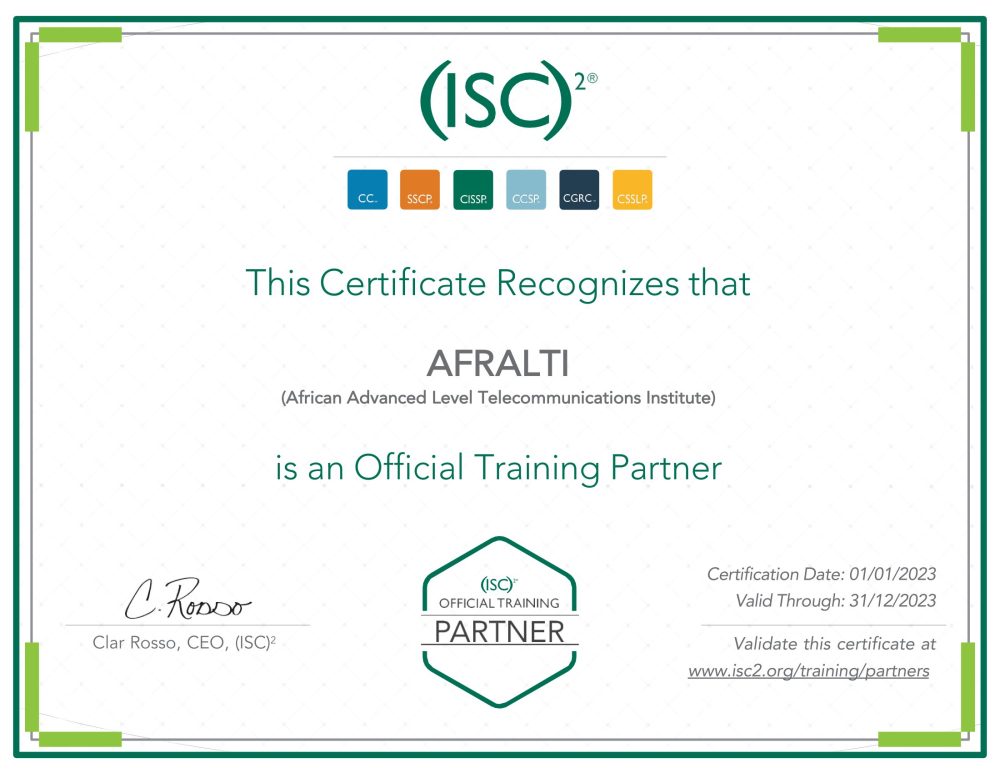Satellite Coordination Procedures and Filings Training
Between 7 February – 4 March 2022, the African Telecommunications Union (ATU) sponsored 102 participants from its member states to train on Satellite Coordination Procedures and Filings facilitated by the African Advanced Level Telecommunication Institute (AFRALTI) and the International Telecommunication Union (ITU).
The ATU sponsored participants were joined by 5 self-sponsored participants from Angola(2), Austria (1), Chile (1), and Germany (1). A total of 107 participants under went the training.
The training aimed to provide an exposure to ITU’s Radio Regulations, Coordination and Notification Procedures of Article 9 and 11 respectively, ITU databases and software packages and filing procedures for Non-Plan space services.
Participants were expected to posses an engineering or technical background familiar with the principles of satellite communication. The course was designed for an audience that deals with telecommunication organizations and concerned particularly with space radiocommunication services.
ITU’s Radio Regulations, available in 4 volumes, are complex international binding treaty documents. After the training, participant were expected to be familiar with the satellite filing, coordination and notification procedures as contained in the Radio Regulations, use of ITU BR Space software packages and databases, International Frequency and Information Circular (IFIC), Preface and the Rules of Procedure (RoP).

The training was conducted virtually with live instructed led lecturers present through ZOOM and the ITU Academy Portal in English with provision of French interpretation. This saw participants connect to the class and got to interact with their peers from around the world.
As the training came to a close, participants were in a position to implement lessons learnt from the training in their places of work.


